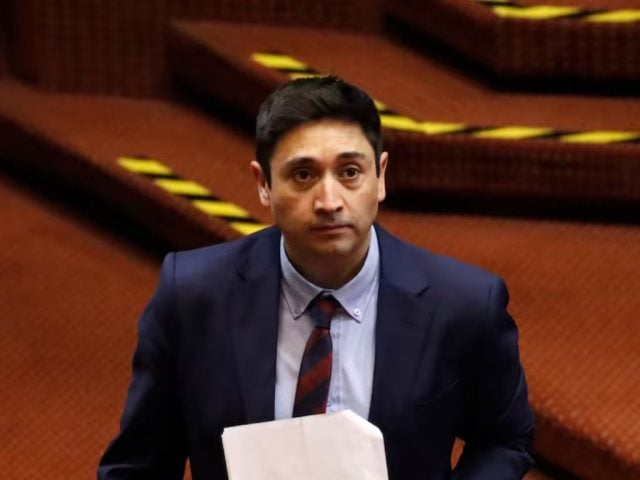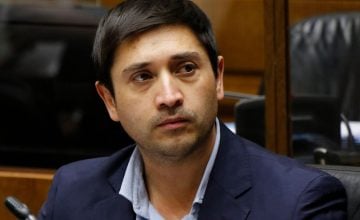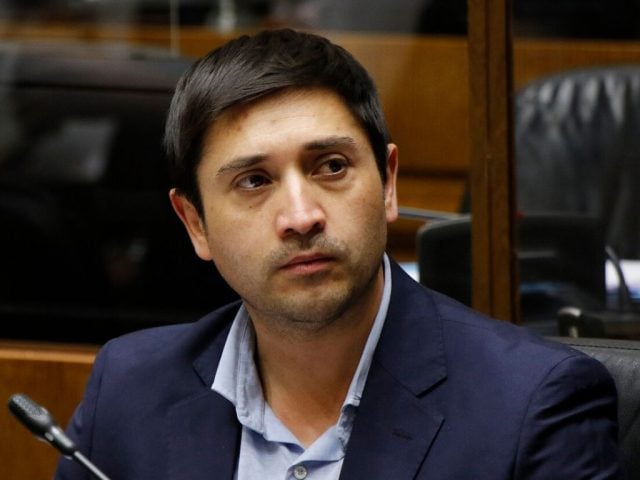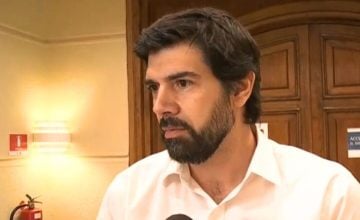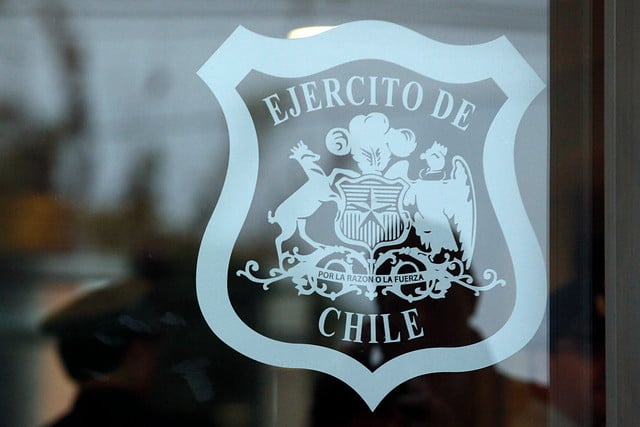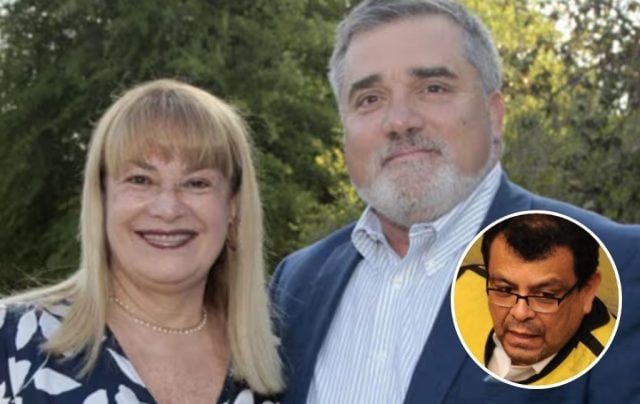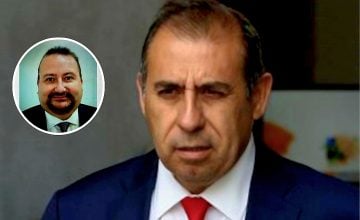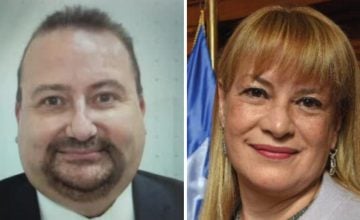Original article: Tras perder el fuero: Fiscalía pide formalizar a senador electo Miguel Ángel Calisto, investigado por presunto fraude al fisco
The legal situation of deputy and senator-elect Miguel Ángel Calisto (Ind.- FRVS) took a new turn after the Regional Prosecutor’s Office of Aysén submitted a request to the Coyhaique Guarantee Court to schedule a hearing and formally charge him with tax fraud. This action follows the confirmation by the Supreme Court of his loss of immunity, paving the way for the parliamentarian to be prosecuted without the protection of his immunity.
The investigation against him, which involves the alleged diversion of parliamentary funds between 2018 and 2022, also implicates three of his closest collaborators: Roland Cárcamo Catalán, Carla Graf Toledo, and Felipe Klein Vidal, who the prosecution claims participated as co-perpetrators of the same crime.
Tax Fraud Exceeding $100 Million
According to the complaint from the State Defense Council (CDE), Calisto is accused of diverting parliamentary allocations for unauthorized purposes, resulting in damages of over 100 million pesos.
In its request for the loss of immunity, the prosecution set the amount of tax fraud at $103,664,697, alleging he hired Carla Graf, a supposed advisor who allegedly never fulfilled the functions for which she was added to Calisto’s team in the Chamber of Deputies.
The legislator is said to have coordinated with trusted associates Roland Cárcamo, an official of the Aysén Health Service and his campaign manager in the 2017 election, and Carla Graf, a special education teacher and Cárcamo’s partner, to fraudulently obtain resources from the state.
For this, Graff was hired between 2018 and 2022 as a parliamentary advisor, despite not fulfilling any of the contracted obligations. According to the Public Ministry, she received $103,664,697 without developing, writing, or delivering any studies related to her contracted duties, nor did she assist the parliamentarian in other matters or on the ground.
The prosecution argued that this money was used for various purposes. Among them, some ended up in the accounts of another close associate of Calisto: Felipe Klein, who reportedly resigned from the D and presented his candidacy for regional governor of Aysén in the 2020 primary elections and the regional council elections in 2024.
Irregularities Leading to Miguel Ángel Calisto’s Loss of Immunity
According to the Public Ministry, the investigated events point to a complex system of resource diversion. The ruling of the highest court, which rejected Calisto’s request to overturn his loss of immunity, deemed the prosecution’s evidence «plausible and serious.»
Among the key evidence considered, the Supreme Court highlighted «the absence of reports validating the consultancy roles, labor incompatibilities, and money transfers between former advisor Carla Graf and the parliamentarian, coinciding with fee payments.»
Another fact taken into account is that five advisors of Deputy Calisto declared that they «did not know Ms. Graf within the parliamentary team.»
Among the irregularities detected is a finding that simultaneously, during the same period, Ms. Graf was working as a teacher at the Colegio Alianza Austral with a 40-hour schedule and spent several months on medical leave.
Additionally, police reports detail various money transfers from Graf to Miguel Ángel Calisto, Roland Cárcamo, and Felipe Klein.
«Notably, a transfer to Deputy Calisto coincides in amount and payment date with the fees received by Ms. Graf as a parliamentary advisor,» stated the Supreme Court.
«Ultimately, this evidence surpasses the plausibility control of the accusation that the Public Ministry formulates regarding the existence of a crime and the participation of Deputy Mr. Miguel Ángel Calisto Águila for the formation of charges against him; without prejudice, certainly, to what is resolved in the criminal trial,» concluded the country’s highest court.
The defense of the parliamentarian attempted to justify these points as part of strategic consultancy and personal loans, but the Supreme Court found that these arguments address the essence of the case and will need to be discussed in a potential criminal trial.
Next Steps and Uncertain Political Future
With the prosecutor’s request, it is now up to the Coyhaique Guarantee Court to schedule the formalization hearing, where the charges against Calisto will be defined and precautionary measures discussed.
Despite this serious judicial predicament, Miguel Ángel Calisto retains his status as an elected senator after winning the highest majority in Aysén. The Electoral Service (Servel) has validated his candidacy, which means he is initially eligible to take his seat in the Upper House in March 2026.
Following the Supreme Court’s ruling, the parliamentarian expressed he felt «calm.» However, his political future appears tenuous. While the current loss of immunity does not prevent him from swearing in as a senator—since his new parliamentary immunity renews upon taking office—there is a risk if the Public Ministry succeeds in formally charging him and potentially accusing him constitutionally before the new term begins.
His position in the political landscape is also uncertain. Although elected by the Regionalist Green Social Front (FRVS), it remains unclear with which bloc he will vote.
The parliamentarian has defended his independence, emphasizing that his priority is territorial compensation for Aysén.
As he awaits the court’s summons in Coyhaique, Calisto faces a significant challenge in his career, with an investigation and judicial process that jeopardize not only his immunity but also his credibility and upcoming role in the National Congress.
